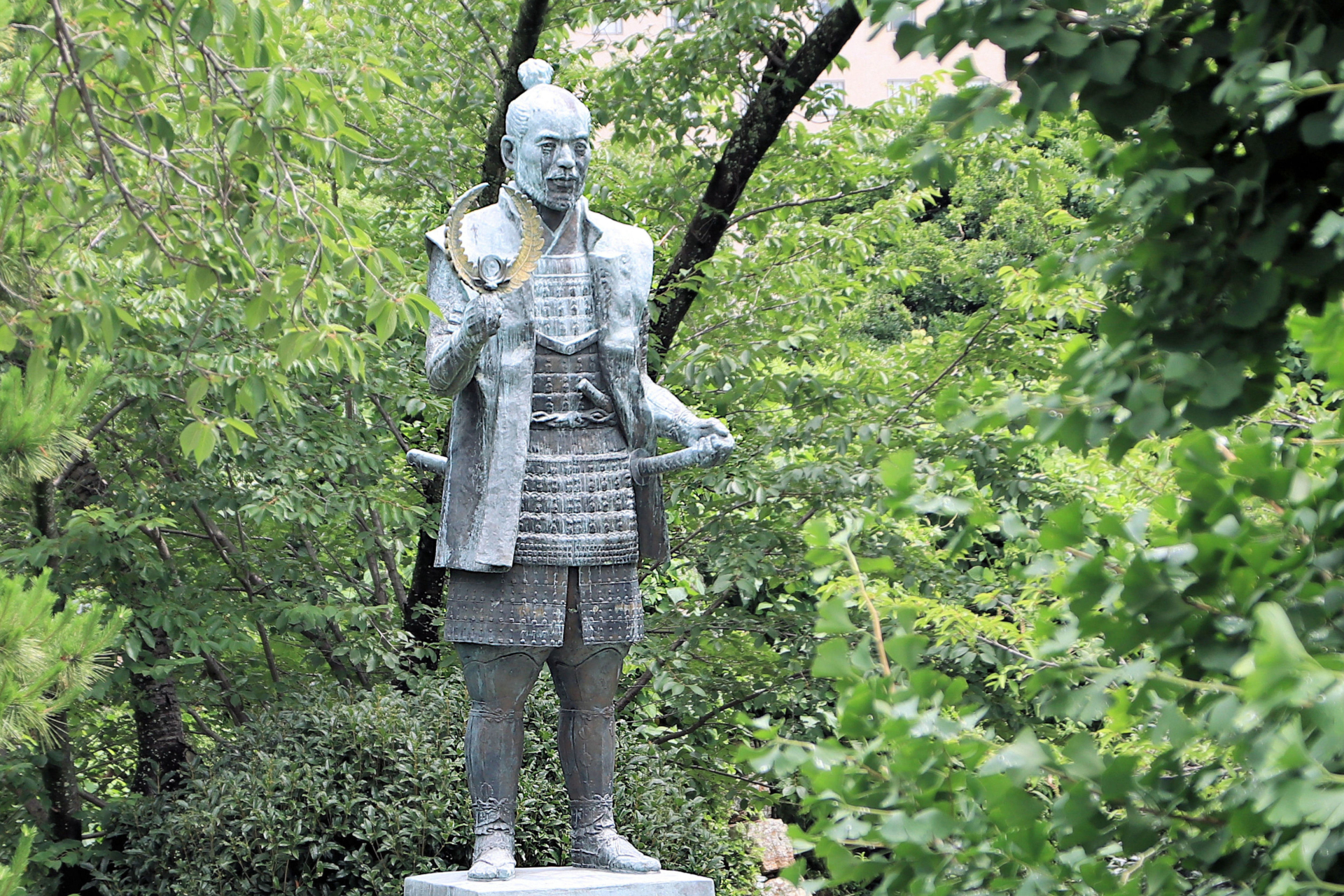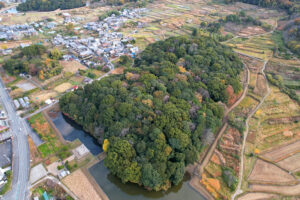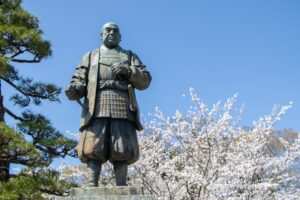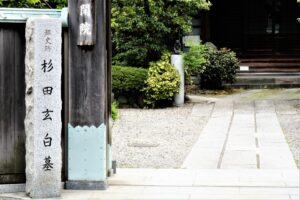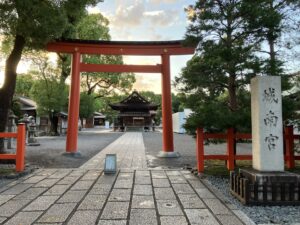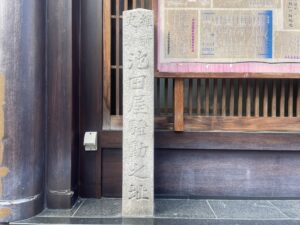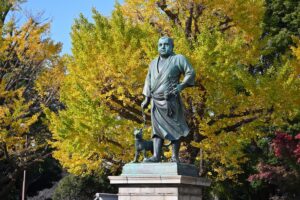Tokugawa Ieyasu, the founder of the Tokugawa Shogunate, played a pivotal role in unifying Japan and establishing a period of peace and stability known as the Edo period. Understanding the circumstances of his death provides valuable insight into his life and the era he shaped. This article delves into the final days of Tokugawa Ieyasu, the cause of his death, and his enduring legacy.
Tokugawa Ieyasu: A Brief Biography
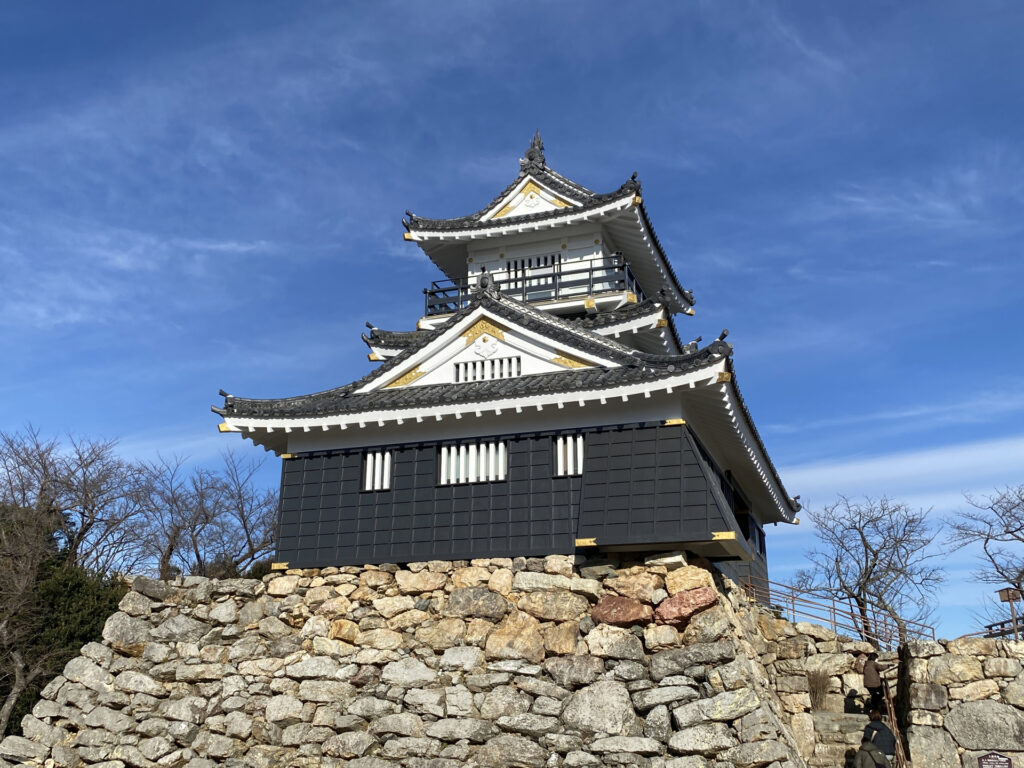
Tokugawa Ieyasu was born in 1543 in what is now Okazaki, Japan. Rising from a minor daimyo to one of Japan’s most powerful leaders, Ieyasu’s strategic acumen and military prowess were instrumental in ending the Sengoku period of warring states. After winning the decisive Battle of Sekigahara in 1600, he became the Shogun in 1603, establishing the Tokugawa Shogunate, which would rule Japan for over 250 years. Ieyasu’s policies laid the foundation for a stable and prosperous Japan, emphasizing centralized power and isolation from foreign influences.
The Final Days of Tokugawa Ieyasu
In his later years, Ieyasu retired to Sunpu Castle but continued to wield significant influence over his successors and the governance of Japan. In 1616, Ieyasu fell seriously ill. Historical records suggest that his health had been deteriorating for some time due to various ailments, including recurring stomach problems. Despite his illness, Ieyasu remained actively involved in political affairs until his death.
The Cause of Death
The exact cause of Tokugawa Ieyasu’s death remains a topic of historical debate. Most sources agree that he succumbed to natural causes, likely exacerbated by his chronic stomach issues. Some accounts suggest that he may have suffered from stomach cancer or other gastrointestinal diseases. Another theory posits that Ieyasu’s death could have been caused by eating tempura, although the credibility of this claim is uncertain. Medical knowledge at the time was limited, making it challenging to diagnose his condition accurately. Despite differing opinions, the consensus is that Ieyasu’s death was not due to violence or foul play.
Source: Tokugawa Ieyasu and the Founding of the Edo Shogunate | Nippon.com
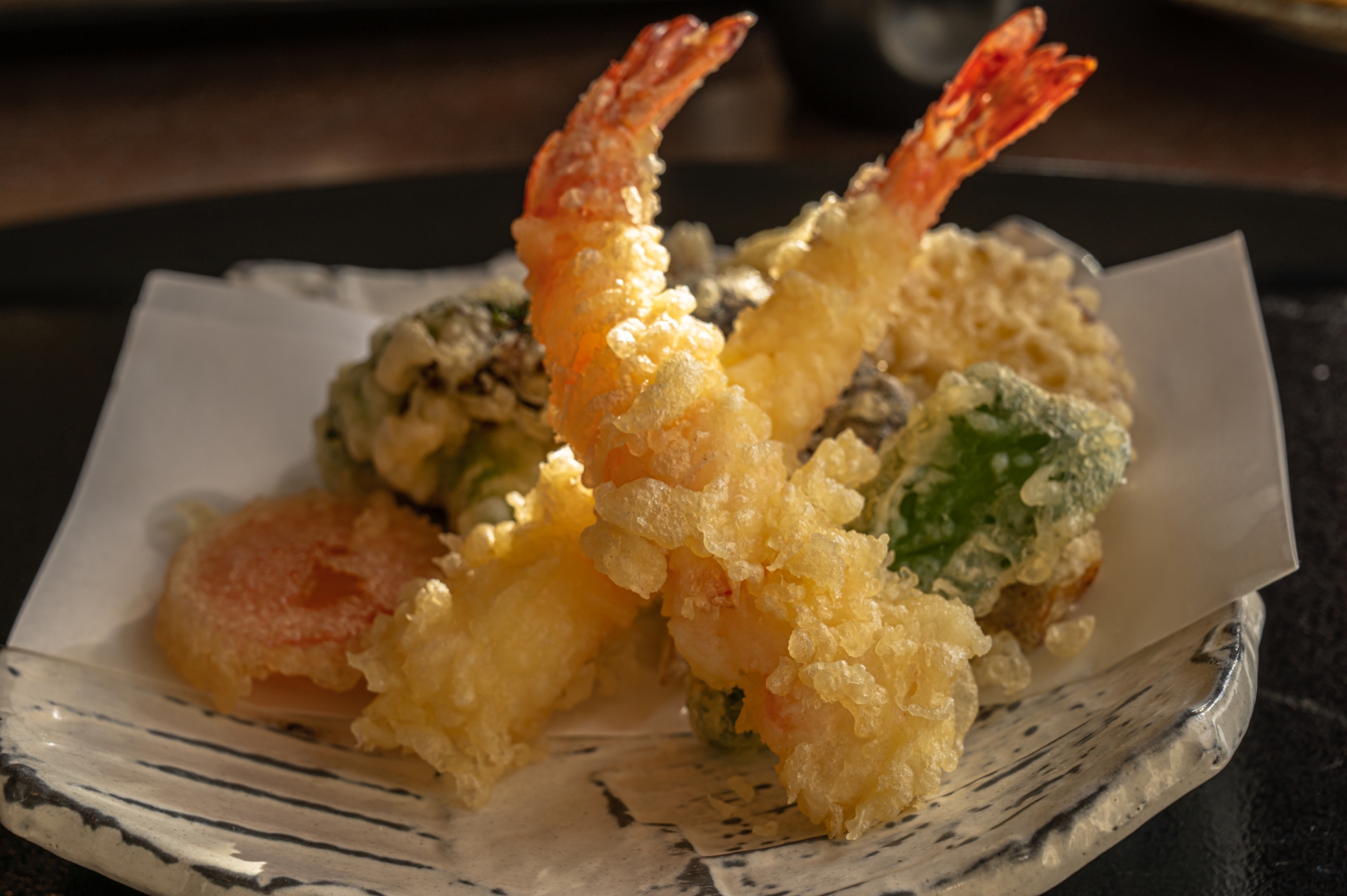
Historical and Cultural Impact of His Death
The death of Tokugawa Ieyasu marked the end of an era, but his legacy continued to influence Japan profoundly. His policies of centralized governance and isolation shaped Japanese society and politics for centuries. The Tokugawa Shogunate maintained peace and stability, known as the Pax Tokugawa, until the Meiji Restoration in 1868. Ieyasu’s death was a significant event, leading to the consolidation of power by his successors and the further entrenchment of his policies.
Legacy of Tokugawa Ieyasu
Tokugawa Ieyasu’s legacy is multifaceted, encompassing his contributions to Japanese politics, culture, and society. He is remembered as a unifier who brought peace to a war-torn country and laid the groundwork for a stable and prosperous Japan. Ieyasu’s legacy endures in the many temples, shrines, and cultural practices that honor his memory. His approach to governance and strategy remains a subject of study and admiration in modern Japan.
Cultural Depictions and Honors
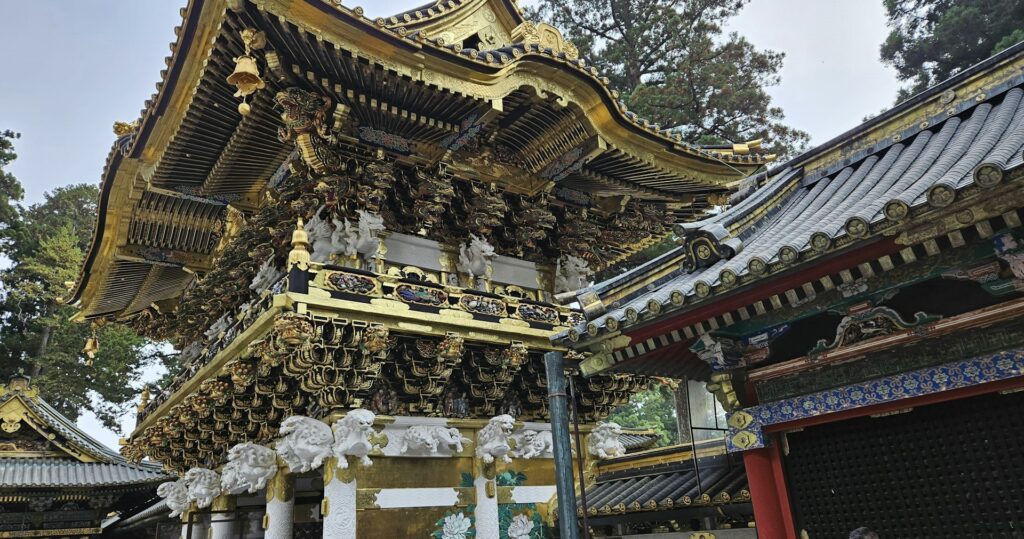
Tokugawa Ieyasu has been depicted in numerous forms of media, including literature, film, and television. His life and achievements have inspired countless stories and interpretations, reflecting his enduring influence on Japanese culture. Significant honors include the Tokugawa Ieyasu shrine in Nikko, a UNESCO World Heritage site, which serves as a testament to his lasting impact and the reverence in which he is held.
Tokugawa Ieyasu in Modern Culture
In modern Japan, Tokugawa Ieyasu’s legacy is celebrated through various festivals, museums, and educational programs. Events such as the Nikko Toshogu Grand Festival honor his memory and attract visitors from around the world. Educational institutions often include his strategies and policies in their curriculum, highlighting his importance in Japanese history. Ieyasu’s life continues to be a source of inspiration and study, underscoring his enduring legacy.
This comprehensive exploration of Tokugawa Ieyasu’s life, death, and legacy provides valuable insights into one of Japan’s most significant historical figures. Understanding Ieyasu’s impact on Japan offers a deeper appreciation of the country’s rich history and cultural heritage.

